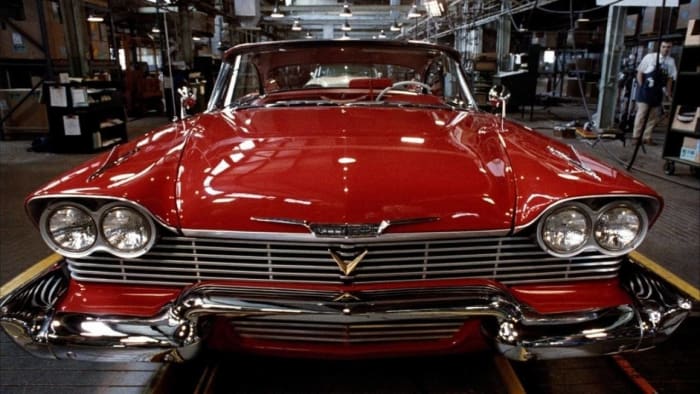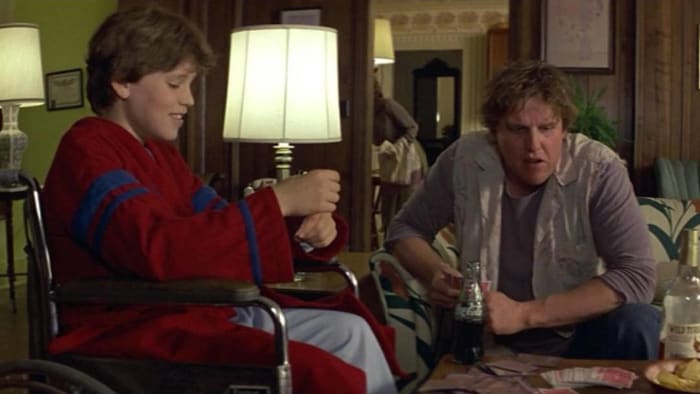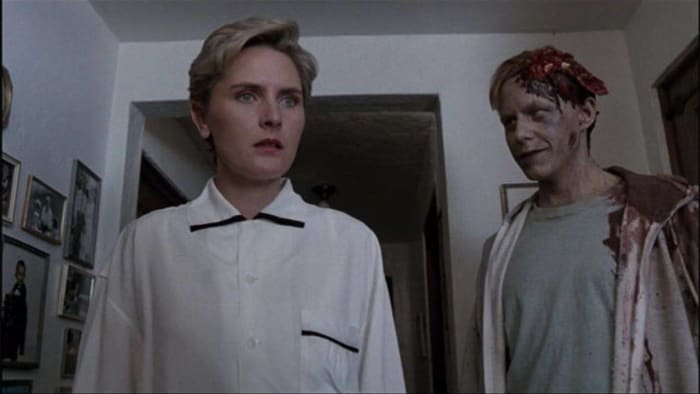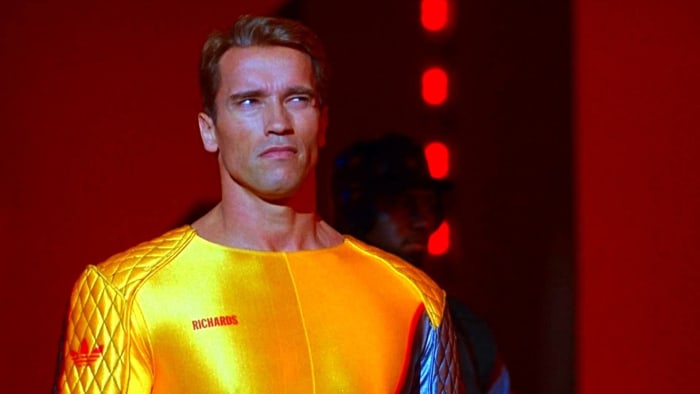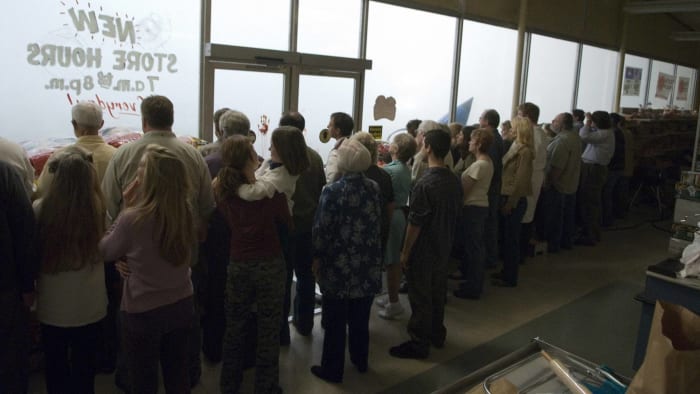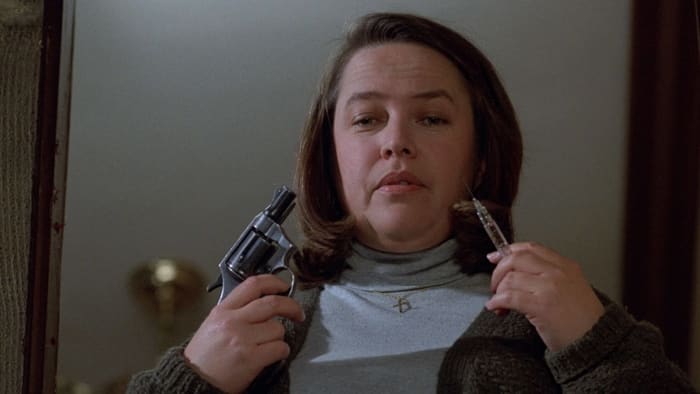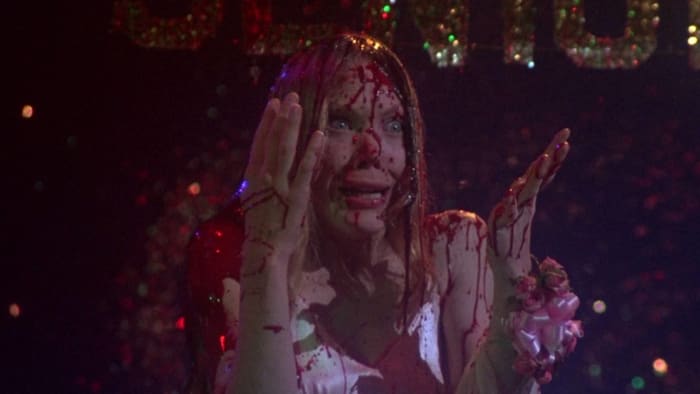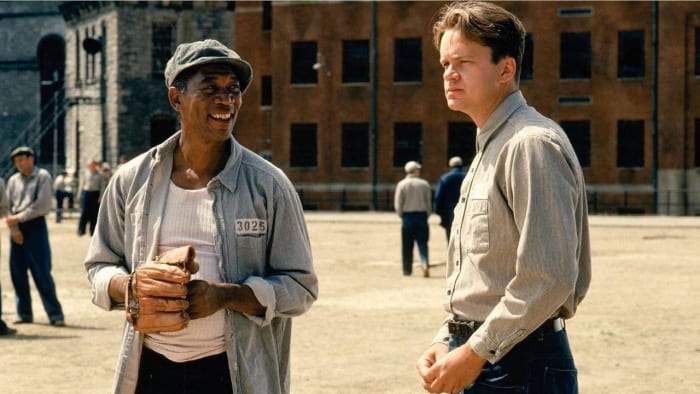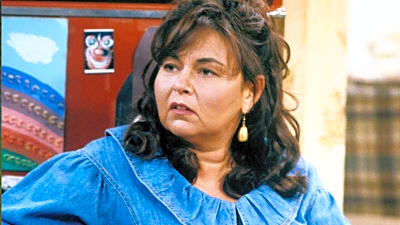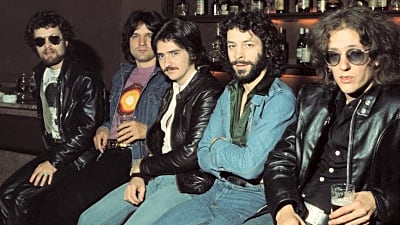x
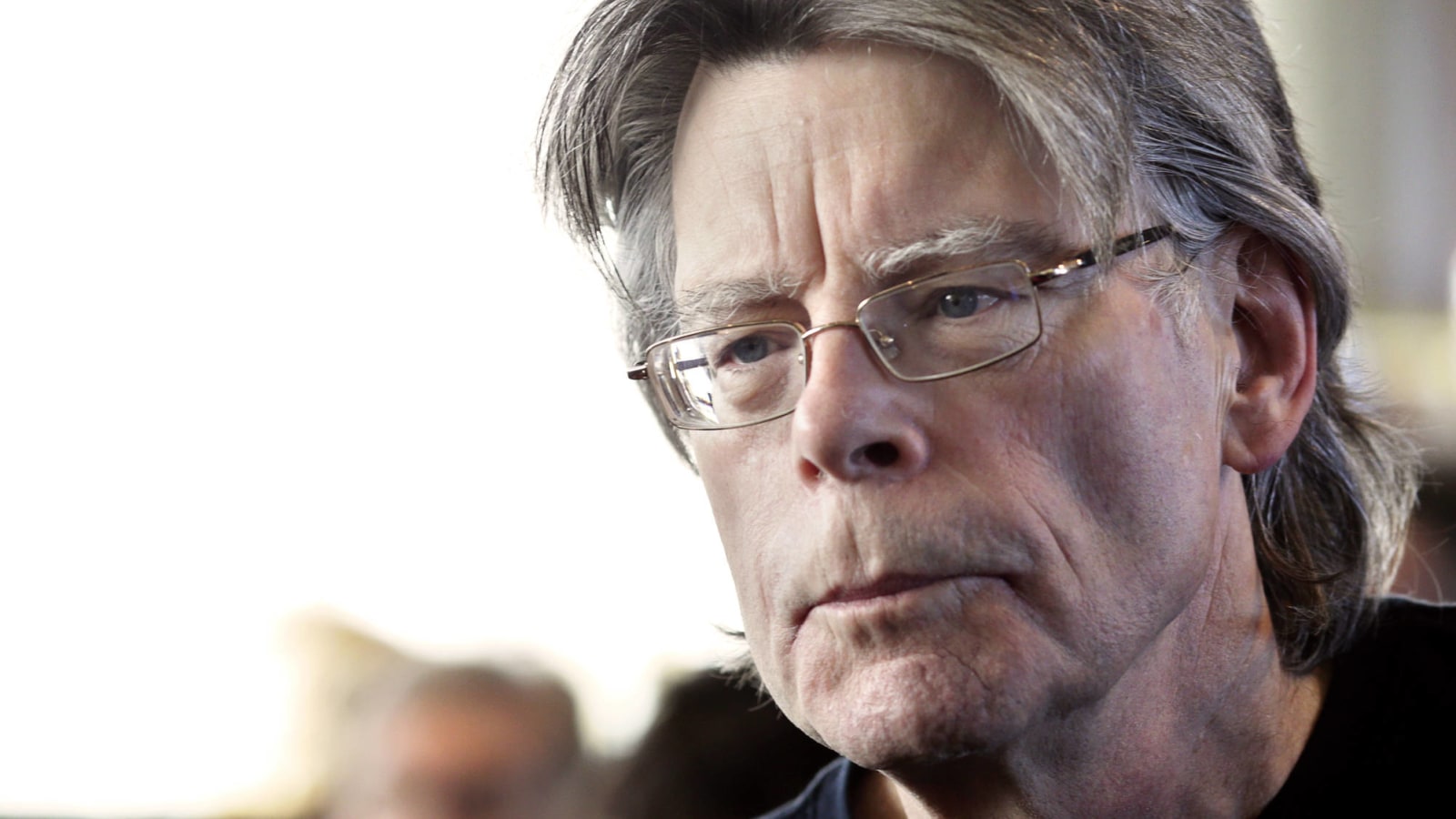
KENZO TRIBOUILLARD/AFP/Getty Images
The 20 best Stephen King adaptations, ranked
From the first adaptation of his work with 1976's "Carrie," a story of a girl with powers who seeks revenge against her tormentors, author Stephen King's novels have been a treasure trove for film and television. With this month's premiere of the latest adaptation, "Castle Rock," based on his work, we take a look back at the 20 best Stephen King adaptations.
More must-reads:
Customize Your Newsletter
 +
+
Get the latest news and rumors, customized to your favorite sports and teams. Emailed daily. Always free!
